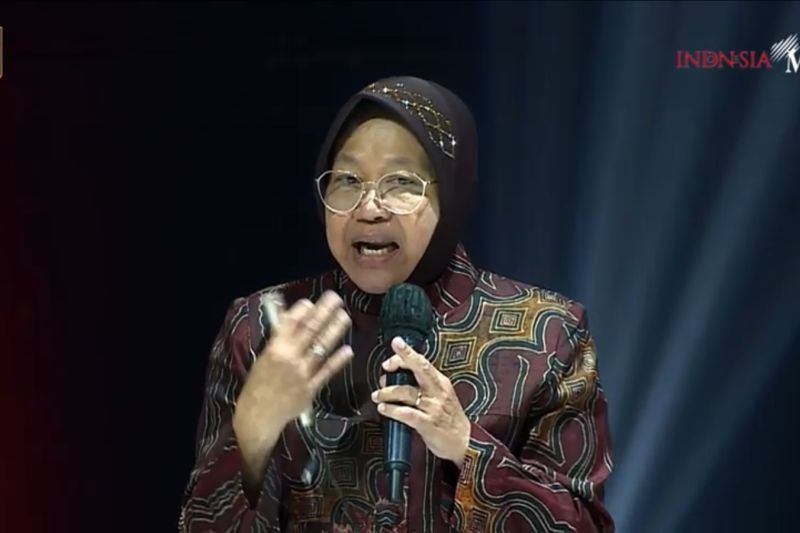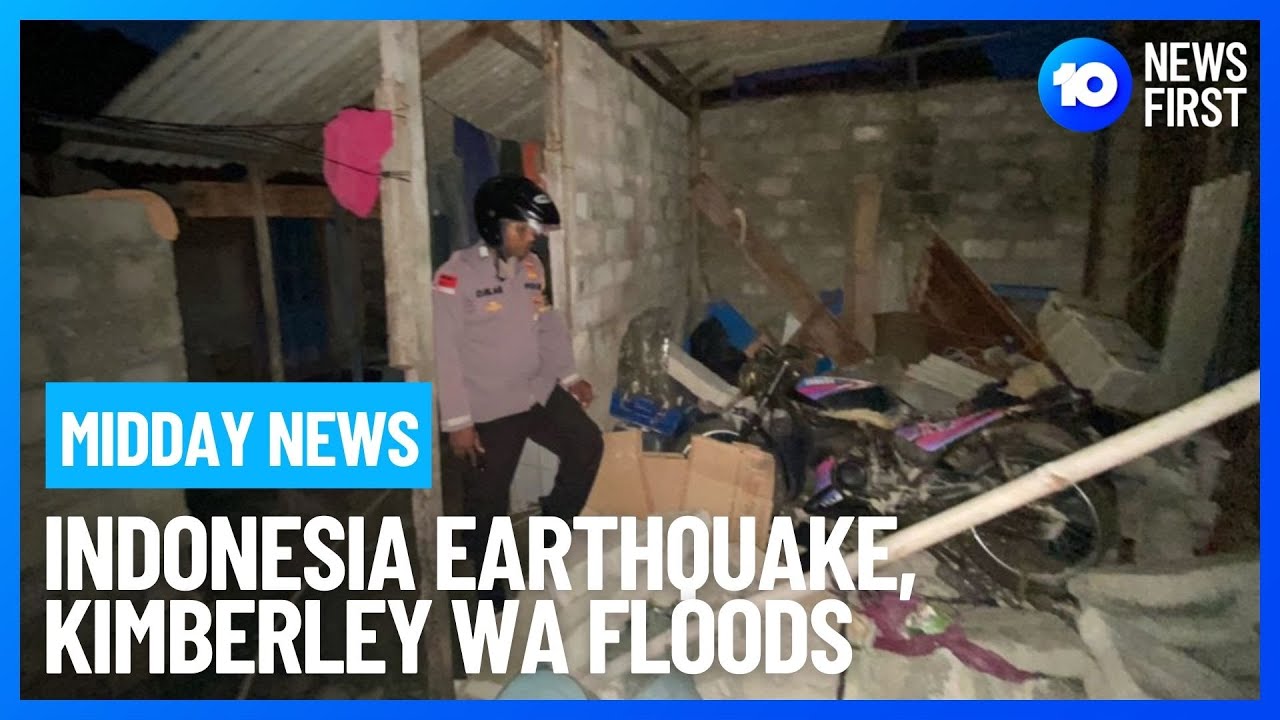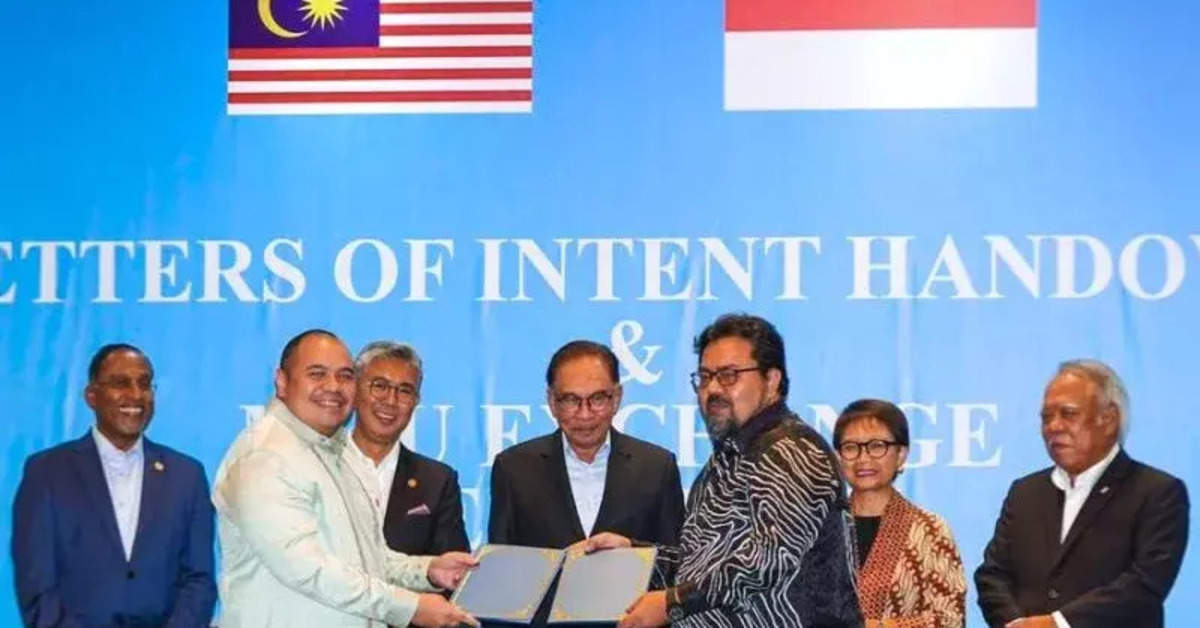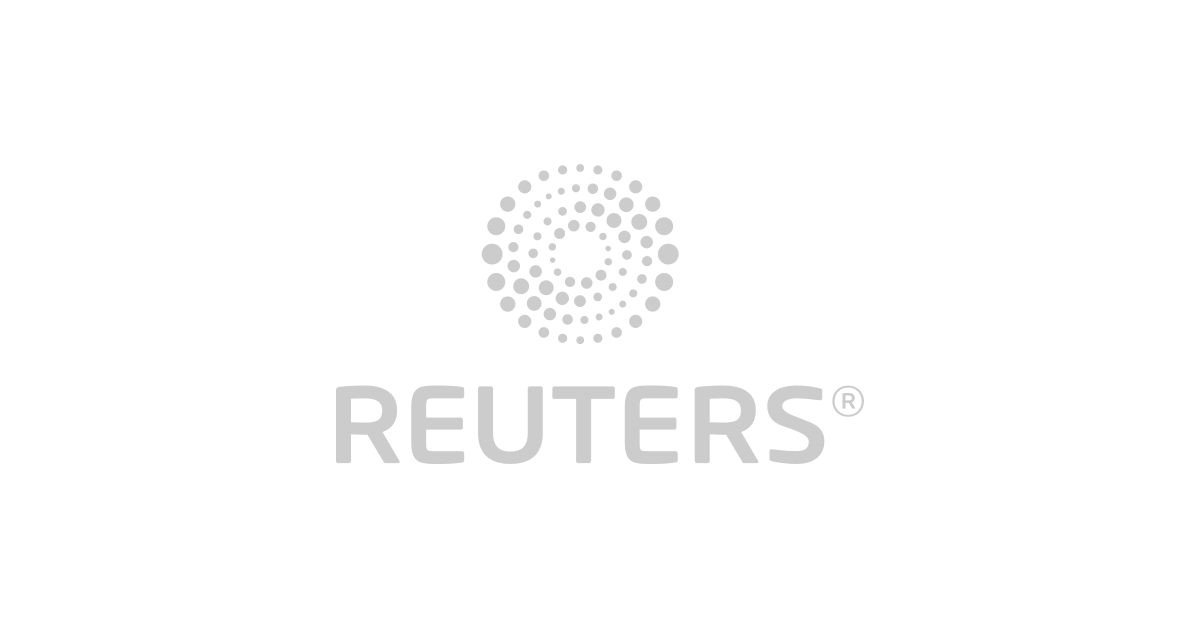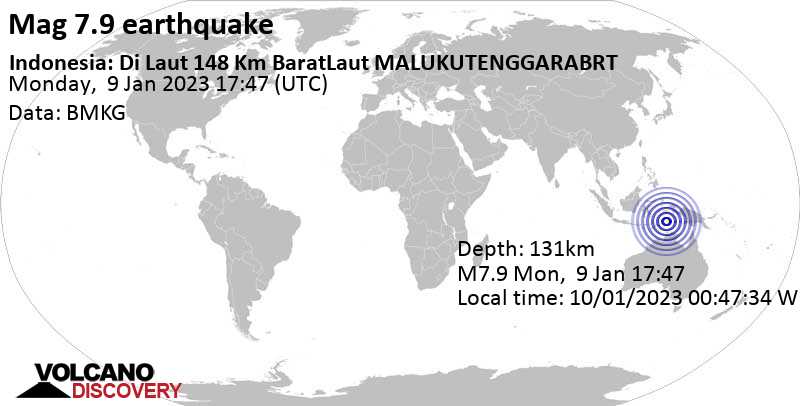“We need (data on) identities to make improvements (because we need to) make data improvements with single identity numbers (NIK),” she explained during the “2023 National Coordination Meeting of Regional Heads and the Regional Leadership Forum” in Sentul, West Java, on Tuesday.
The ministry has received a mandate to improve DTKS based on NIK because of problems faced in distributing social assistance, as discovered by the Corruption Eradication Commission (KPK), the State Audit Board (BPK), and the government’s Development Finance Comptroller (BPKP), she added.
There are at least 156 million beneficiary families (KPM) recorded in DTKS. Meanwhile, the ministry has given the authority to regional governments to determine the people or families who will be considered poor, based on Law No.13/2011 on the Handling of the Poor and Needy.
To improve data, around 46 parameters of poverty have been simplified into 9 parameters based on a study carried out by the ministry with the University of Indonesia.
While the regulation stipulates that the data on poor people be verified at least twice a year, the COVID-19 pandemic has led to population data changing rapidly.
Not only that, the occurrence of natural disasters has made DTKS more dynamic, with the number of poor increasing due to homes getting damaged during disasters.
Hence, data verification must be carried out starting from the level of neighborhood units (RT), the community units (RW), villages, and sub-districts, Minister Rismaharini said. The regional heads will approve the data and submit it to the Ministry of Social Affairs.
She said that it is impossible to verify data only once every six months, so a decree has been issued to improve it every month.
Thanks to the efforts of local governments, data of more than 33 million beneficiaries have been improved, including data on birth, migration, and mortality, she informed.
Related news: Minister asks people to help improve social welfare data accuracy
Related news: Gov’t backs use of social welfare data for disbursing subsidized fuel





















